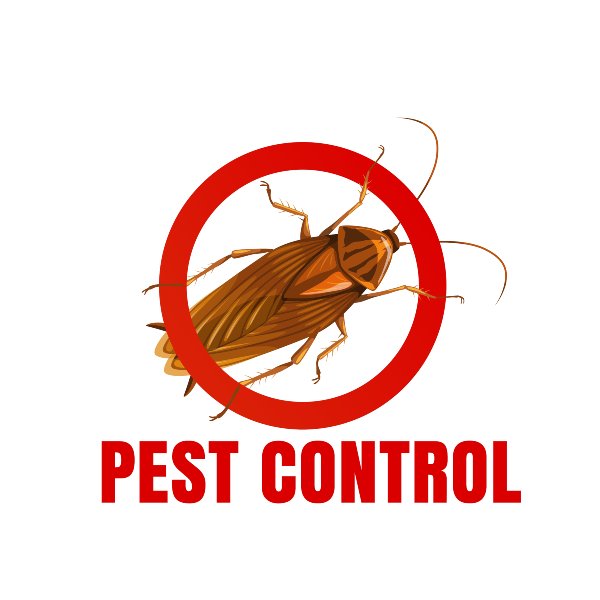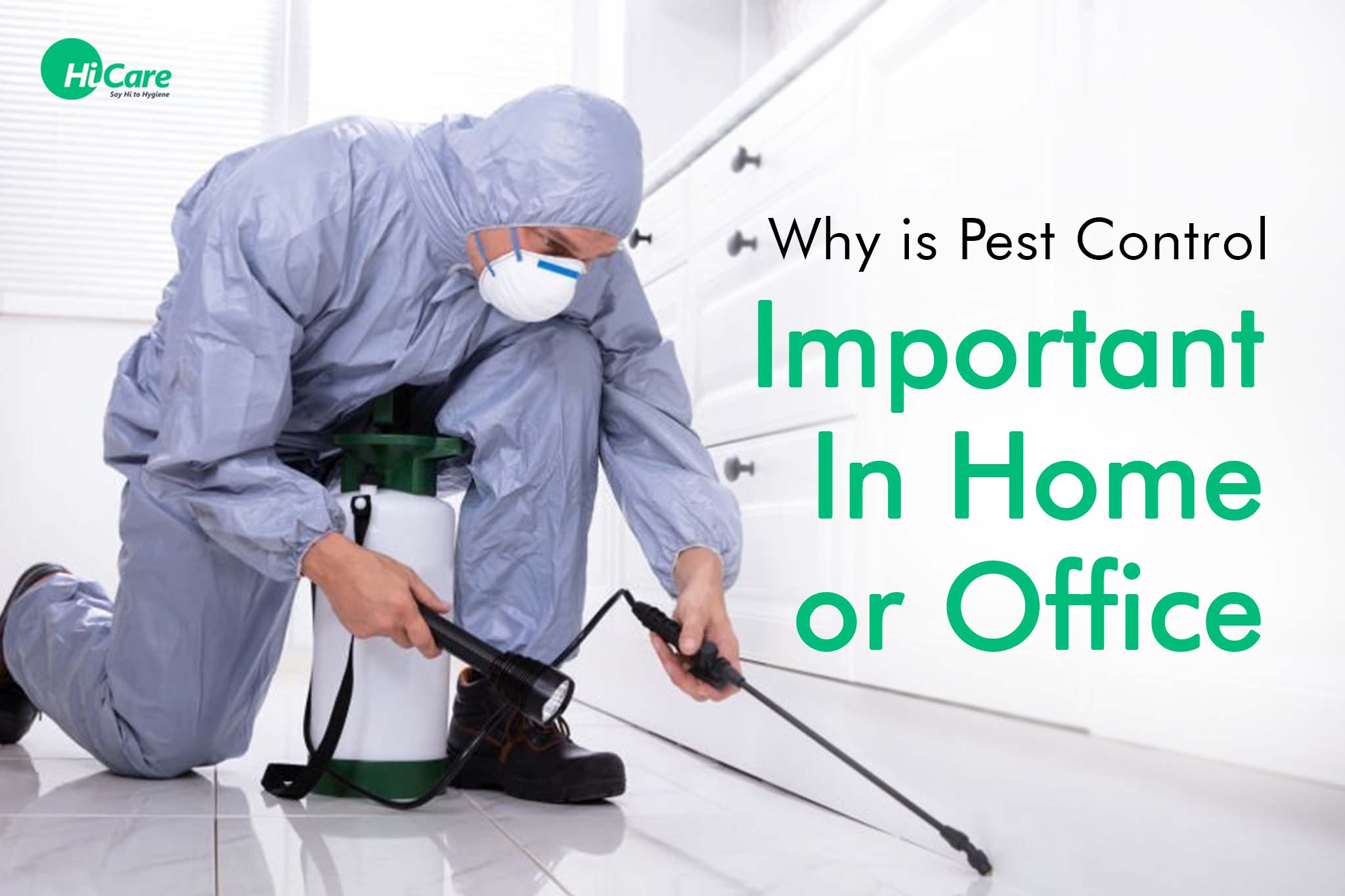Professional Wasp Control Coquitlam: Safe and Efficient Pest Removal
Professional Wasp Control Coquitlam: Safe and Efficient Pest Removal
Blog Article
Safe and Reliable Pest Control for Lasting Defense
Reliable bug administration needs a diverse technique that balances environmental integrity with the need for effective parasite suppression. The subtleties of these approaches might not be promptly clear, triggering a closer assessment of the methods that can lead to sustainable pest control end results.
Recognizing Bug Control Techniques
Bug control includes a variety of approaches targeted at managing and getting rid of undesirable bugs and rodents that can intimidate both health and wellness and building. Comprehending these techniques is essential for efficient bug management.
The primary classifications of parasite control techniques include mechanical, organic, and chemical methods. Mechanical approaches involve physical barriers and traps to avoid insect access and capture unwanted varieties. For example, using screens on windows or employing sticky catches can considerably decrease bug populaces without introducing harmful materials.

Chemical insect control is commonly one of the most recognized method, utilizing pesticides to get rid of parasites. These chemicals can be effective yet need to be used with caution to stay clear of unfavorable impacts on non-target types and the setting.
Advantages of Eco-Friendly Solutions
Exactly how can eco-friendly solutions change bug control practices? The fostering of environmentally friendly parasite control approaches uses various advantages, dramatically improving the performance and security of pest monitoring.

One more advantage is the favorable influence on neighborhood biodiversity. Environmentally friendly options are developed to target particular parasites while protecting useful pests and wildlife, advertising a well balanced ecosystem. This method lines up with the expanding customer need for sustainable techniques, boosting the reputation of insect control carriers.
Integrated Parasite Management Strategies
The implementation of environment-friendly options normally causes the adoption of Integrated Insect Management (IPM) techniques, which even more enhance pest control efficacy. IPM is a holistic technique that incorporates numerous techniques to handle insect populations while reducing ecological influence. This approach stresses using biological, cultural, mechanical, and chemical controls, ensuring a well balanced and sustainable technique of insect management.
One basic element of IPM is the detailed analysis of parasite task and environmental problems. By monitoring insect populaces and determining their life cycles, practitioners can apply targeted interventions that disrupt the parasite's environment or lifecycle, lowering reliance on chemical pesticides. In addition, social practices such as plant rotation and habitat manipulation can substantially decrease pest facility and reproduction.
Another critical part is making use of organic control agents, such as beneficial pests or microorganisms, which can normally subdue insect populaces. When chemical applications are required, IPM focuses on making explanation use of low-risk chemicals and uses them uniquely, minimizing direct exposure to non-target organisms and people.
Including IPM techniques not just improves pest control performance but likewise advertises a much safer ecological community, aligning with the expanding need for lasting practices in pest administration.
Safe Practices for Home Owners
Comprehending the value of risk-free practices in parasite control can encourage property owners to effectively manage pest problems while guarding their health and the setting. Executing precautionary procedures and safe techniques is critical in reducing direct exposure to hazardous chemicals.
Home owners should first evaluate their atmosphere for conditions that bring in insects, such as standing food, water, and mess waste. Consistently cleansing and securing access factors can discourage insects from invading the home. Making use of all-natural deterrents, such as necessary oils or diatomaceous earth, can give reliable options to chemical pesticides.
When chemical treatments are essential, home owners ought to opt for products that are specifically classified as risk-free for domestic usage. It is necessary to comply with application guidelines meticulously to avoid too much exposure. Utilizing targeted treatments in locations where parasites are determined, rather than blanket splashing, can substantially reduce chemical usage.
Lastly, maintaining open communication with insect control experts is important. Home owners ought to inquire concerning the safety of products used and request environment-friendly options whenever feasible. By adopting these secure practices, property owners can create a healthier living setting while efficiently taking care of pest issues.

Tips for Long-Term Protection
Establishing a bug management technique that stresses lasting security can substantially enhance the effectiveness of the risk-free methods formerly reviewed. To achieve this, property owners ought to carry out normal examinations of their home, concentrating on concealed locations such as attic rooms, cellars, and crawl spaces. Early detection of pest activity is essential in stopping problems from holding.
These methods decrease attractants that attract bugs into the home. Securing entry points, such as fractures around windows and doors, can successfully block potential bug gain access to.
Landscape design must likewise be considered; maintaining plants trimmed and keeping a distance in between plants and the home minimizes concealing areas for pests. Using natural deterrents, such as essential oils or diatomaceous planet, can Bonuses even more dissuade invasions without resorting to rough chemicals.
Finally, collaborating with an expert pest control solution for routine assessments can give an additional layer of security. These professionals can supply tailored suggestions and progressed treatments, guaranteeing that your home remains protected against insects in the long-term.
Final Thought
To conclude, safe and trusted parasite control requires a diverse strategy that stresses eco-friendly techniques and incorporated pest administration. By implementing natural deterrents, carrying out routine inspections, and maintaining correct sanitation, property owners can substantially lower insect populations while safeguarding advantageous pests and the setting. Cooperation with professional insect control services boosts the effectiveness of these strategies, guaranteeing tailored solutions that give enduring protection and peace of mind against future invasions.
Efficient insect administration requires a complex strategy that balances eco-friendly honesty with the need for effective parasite reductions. The fostering of environmentally friendly insect control methods offers numerous advantages, dramatically boosting the performance and safety and security of bug administration.The implementation of eco-friendly solutions normally leads to the adoption of Integrated Pest Administration (IPM) strategies, find which further enhance pest control efficacy. exterminator coquitlam. By monitoring parasite populaces and recognizing their life cycles, experts can apply targeted treatments that disrupt the pest's habitat or lifecycle, reducing dependence on chemical pesticides.In final thought, risk-free and reliable bug control needs a multifaceted technique that highlights environmentally friendly approaches and integrated parasite administration
Report this page